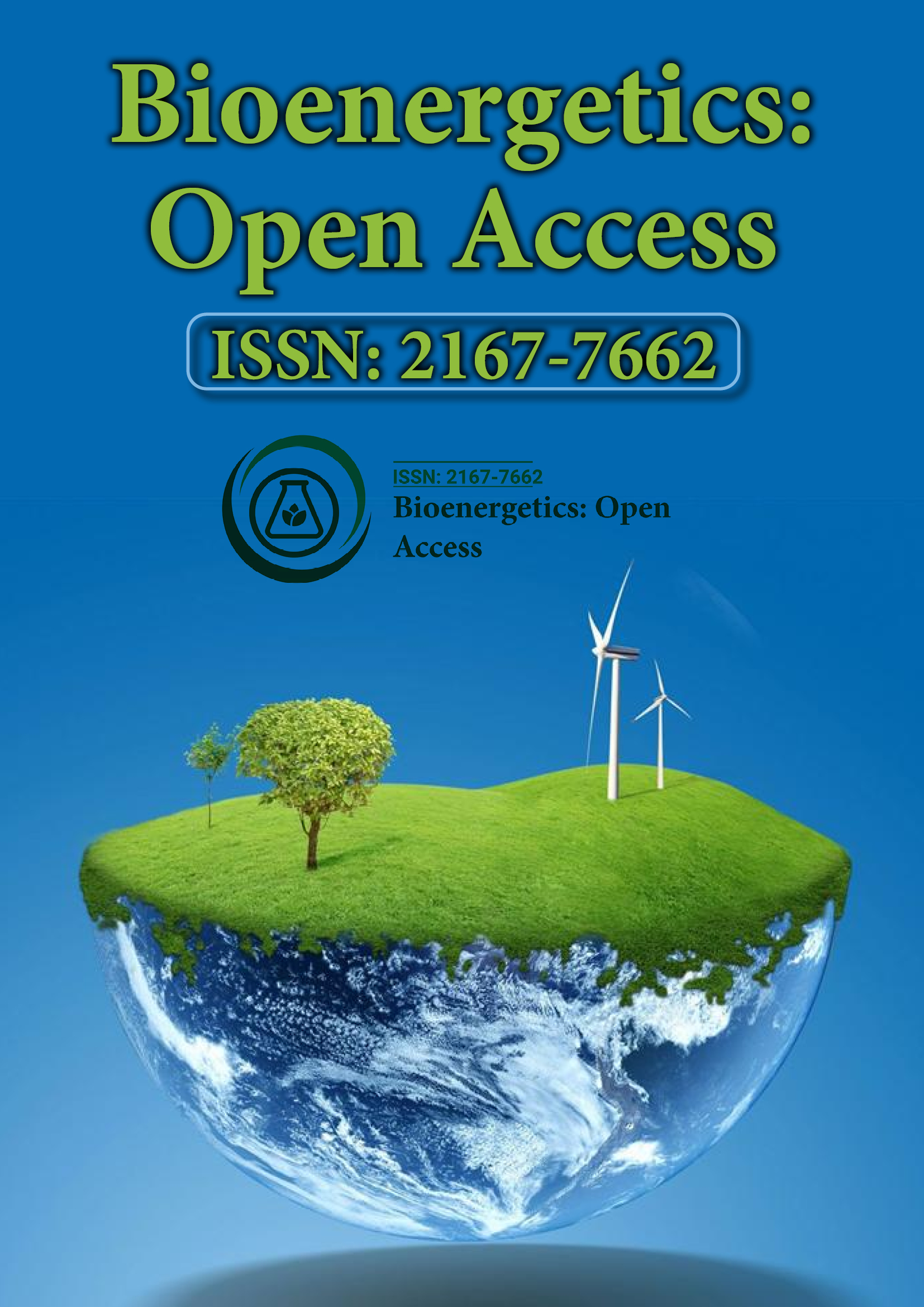インデックス付き
- Jゲートを開く
- Genamics JournalSeek
- アカデミックキー
- 研究聖書
- レフシーク
- 研究ジャーナル索引作成ディレクトリ (DRJI)
- ハムダード大学
- エブスコ アリゾナ州
- OCLC-WorldCat
- 学者の舵取り
- パブロン
- ユーロパブ
- Google スカラー
このページをシェアする
ジャーナルチラシ

概要
洪水耐性の測定: コミュニティの洪水耐性の類型
フィン・ローリアン
レジリエンス構築への投資のメリットと
コスト、そして
それらを決定する意思決定プロセスについて、より深く理解することが急務となっています。この課題に取り組むため、
チューリッヒ洪水レジリエンス・アライアンス(ZFRA)は、世界中の
コミュニティレベルで洪水レジリエンスを測定するための総合的なアプローチを開発しました。このフレームワークと関連データ管理ツールは、持続可能な生計フレームワークの5つの資本(5C)と、レジリエントなシステムの4つの特性(4R)に基づいています。2年間にわたり、5つのNGOが9か国の118のコミュニティでベースライン、エンドライン、および結果の測定(洪水が発生した場合)を収集し、6,700を超える世帯、ディスカッショングループ、および主要な情報提供者と直接関わりました。洪水レジリエンス測定ツールによって生成された強化された知識により、20万人を超える人々がプラスの影響を受けたと推定されています。主な結果として、本論文は、洪水耐性指標間の一般的なダイナミクスと相互依存性を特定しており、これは洪水耐性を測定するためのより一貫性があり信頼性の高い指標の構築に役立つでしょう。結果は、ベースラインの洪水耐性等級と一般的なコミュニティ特性の観点からさまざまなコミュニティクラスターを特定しており、これは洪水耐性が世界中で共通のパターンを持っていることを示しています。定量的な結果は、意思決定支援とアドボカシーのための強力なツールであることも証明されました。災害耐性の実践に関しては、FRMCツールの実装プロセスにより、コミュニティと洪水耐性に関する詳細な議論が促進され、これがユーザー組織内での能力構築効果をもたらしたことがわかりました。一般的な結論は、さまざまなレベルの政策立案者に情報を提供するためのあらゆる意思決定プロセスにおけるベースライン研究の重要性が高まっているということです。ベースラインデータからコミュニティについての知識を収集しますが、これは事後データとエンドラインデータのテストに進むときに重要になります。